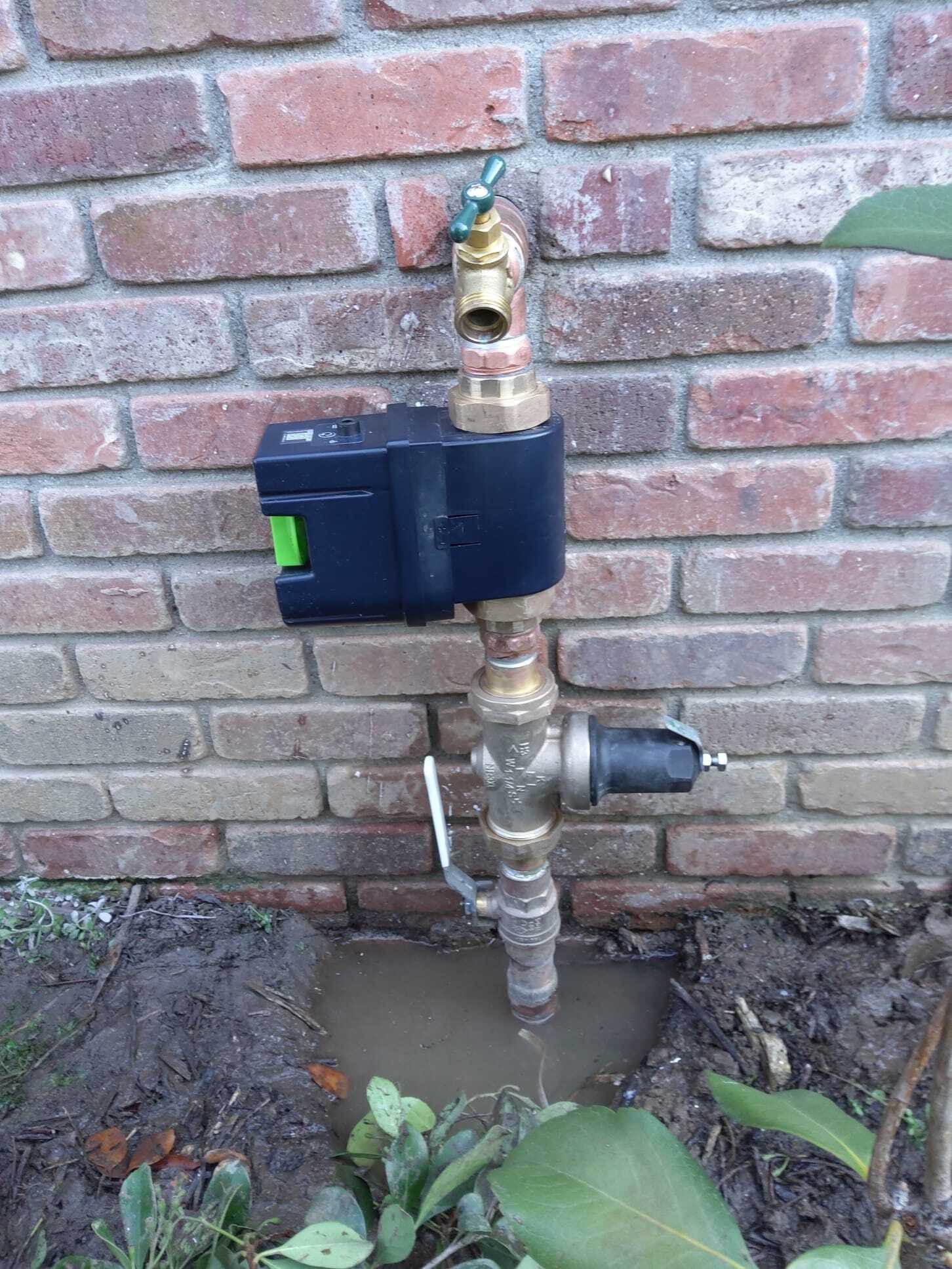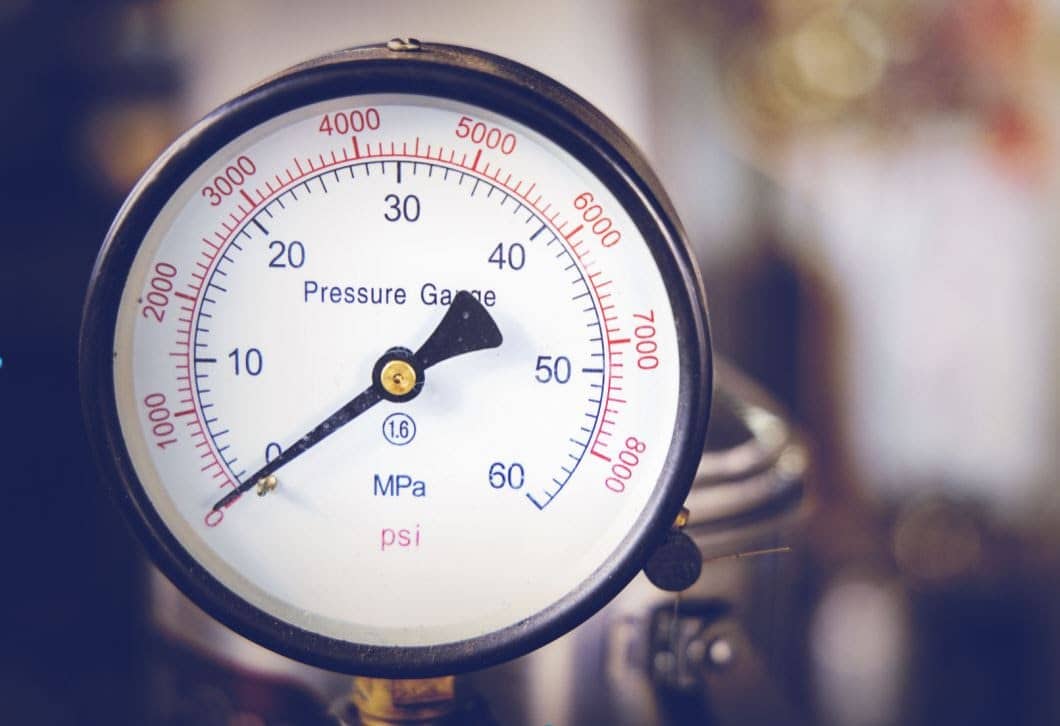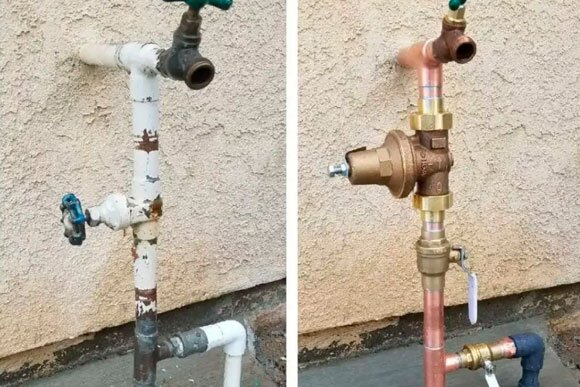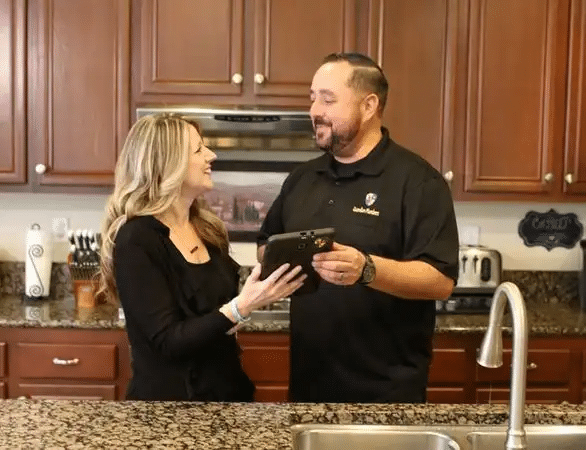


4 Signs It’s Time to Replace Your Pressure Regulator

How Much to Repipe a House in California?

Common Plumbing Issues and How Expert Plumbers Solve Them

How Long Does It Take to Fix a Slab Leak?

Do I Need to Repipe My House?

How Common Are Slab Leaks?

Is It Worth It to Repipe a House?

How to Remove Hair from Sink Drain
SCHEDULE AN ESTIMATE TODAY
Emergency Plumbing 6 Days a Week
To get the honest and reliable plumbing services you deserve for your home or business, Guardian Plumbers has your back! We’re a family owned and operated business who has proudly served Riverside County since 2010. Our licensed and insured technicians are on duty Our licensed and insured technicians are on duty 6 days a week, Monday to Saturday, to tackle the area’s plumbing headaches. When you need us, we’ll be there no matter the hour. Our Wildomar plumbers know we’ve done our job when we’ve earned the trust of our customers. It’s what keeps us going and makes our jobs most rewarding.
Depend on Guardian Plumbers to always provide you with the best solutions for your plumbing needs. We get the job done right the first time. To recognize the veterans, military service members, law enforcement, emergency responders, firefighters, teachers, and senior citizens who have selflessly been serving our local community, we offer special discounts just for these groups. Ready to get started? We are here to answer your plumbing questions.

WHY CHOOSE
GUARDIAN PLUMBING
- Exceptional Customer Service
- Unbeatable Prices
- Satisfaction Guaranteed
- Certified, Reliable Technicians
- 6 DAYS A WEEK Availability
Professional & Comprehensive
You can trust that our Riverside County plumbing company will only provide the highest quality customer service with a commitment to professionalism and helping you, no matter how big or small your issue may be. We back up all our workmanship with a comprehensive warranty and always strive to go above and beyond your expectations. We will be there when you need answers and always explain your options without trying to upsell you.
PLUMBING EMERGENCY? GUARDIAN PLUMBERS ARE HERE
It doesn’t matter when these problems pop up, whether it’s the middle of the night or a weekend or holiday. If you need a plumbing company that can resolve your issues immediately, you need to call the 6 days a week availability plumbers at Guardian Plumbers.
Schedule a Consultation